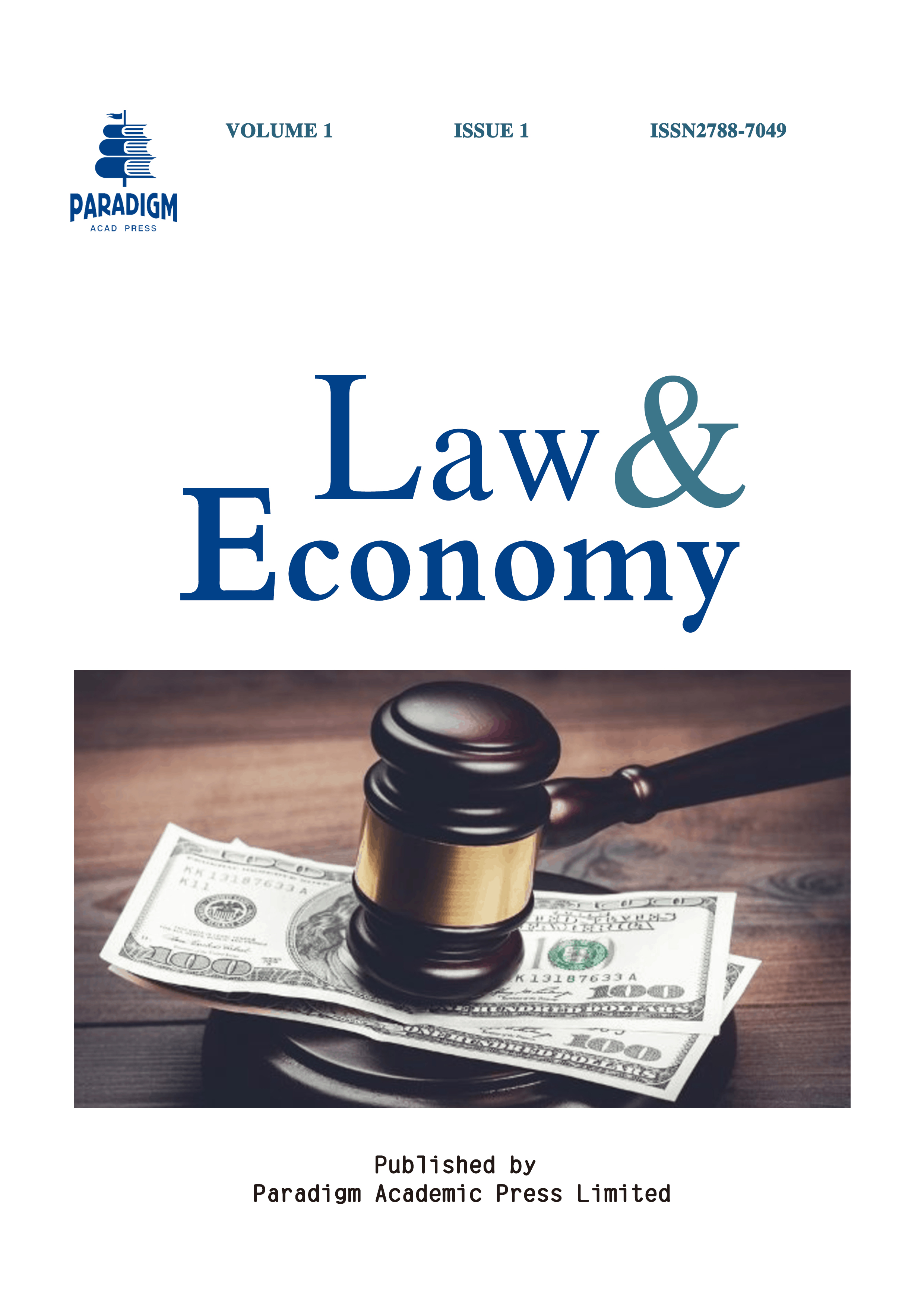The Effectiveness of Plea Bargaining in High-Profile Corruption Cases in Nigeria: Analyzing Sentencing Trends, Judicial Discretion, and Public Perception (2010-2024)
Keywords:
plea bargaining, corruption trials, judicial discretion, sentencing trends, political influence, asset recovery, elite impunityAbstract
Plea bargaining has become a controversial yet integral component of Nigeria’s judicial system, particularly in high-profile corruption cases. While it was introduced as a means to expedite legal proceedings, reduce judicial backlog, and facilitate asset recovery, its application has raised serious concerns about judicial fairness, political interference, and the erosion of deterrence against corruption. This study examines the effectiveness of plea bargaining in Nigeria (2010-2024) by analyzing sentencing trends, judicial discretion, public perception, and economic-political implications. Findings reveal that plea bargaining has resulted in significant asset recoveries, but at the cost of reduced prison sentences for elite offenders, leading to public distrust in the judiciary and anti-corruption agencies. The study also identifies inconsistencies in judicial decisions, where political and economic status influences sentencing outcomes, allowing wealthy individuals to negotiate lenient punishments while lower-ranking offenders face full trials and stricter penalties. Furthermore, the selective application of plea bargaining has fueled perceptions of impunity and elite protection, weakening Nigeria’s broader anti-corruption efforts and damaging international confidence in the country’s legal system. To address these challenges, the study recommends mandatory sentencing guidelines, full disclosure of plea agreements, and independent oversight mechanisms to ensure that plea deals serve the interests of justice rather than political convenience. Comparative analysis with other common-law jurisdictions suggests that stricter judicial oversight and transparency measures can enhance the credibility of plea bargaining as an anti-corruption tool. The study concludes that without urgent reforms, Nigeria’s plea bargaining system risks undermining public confidence in legal institutions and reinforcing impunity for financial crimes.


